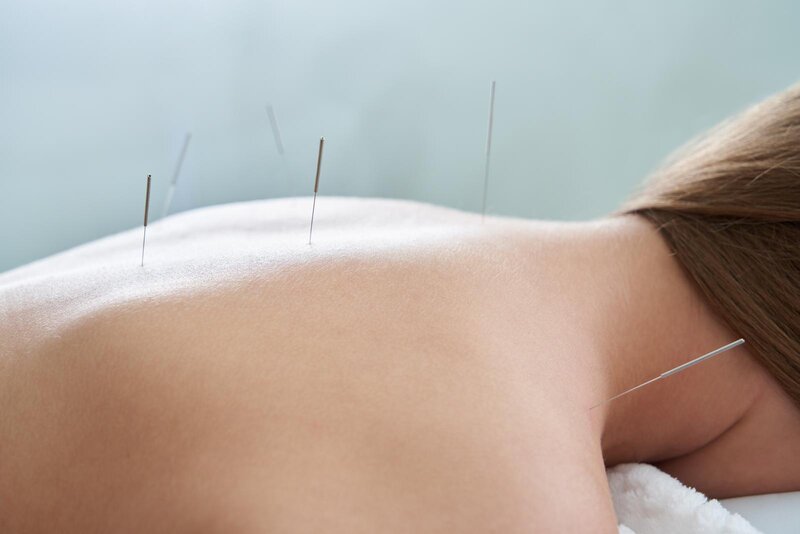
The Different Types of TCM Therapies
Posted by Hillary Houston on 2023-02-17
There are many different types of therapies that are available to treat a wide range of illnesses and ailments. These include acupuncture, massage, Herbal medicine, and lifestyle modifications. While each of these therapies has its own distinct benefits and drawbacks, they all work to restore health and well-being.
Herbal medicine
Traditional Chinese Medicine (TCM) is an integrated medical system that includes herbal medicines, acupuncture, and dietary modifications. It has been used to treat diseases and maintain health for thousands of years in Asia. Today, TCM is a popular alternative medicine in many countries.
Although research on TCM is still in its early stages, several promising compounds have been isolated. These compounds have been shown to have antiviral activity in research laboratory settings. However, the majority of these compounds have not been characterized.
Some TCM products have been found to be toxic. This may be due to the presence of heavy metals and other microorganisms in some herbal formulations.
While some of these products have been deemed safe for human use, further research is needed to determine their effectiveness. There is also a need to confirm the potency of the medicines.
Chinese herbal formulas have been used for more than 2,200 years. They are complex formulas that include up to 20 herbs. Each herb has a specific role in the formula. The herbal formulations are prepared as capsules, tablets, juice extracts, granules, and teas.
Acupuncture
Acupuncture is an ancient medical practice that relies on the belief that a vital energy or "qi" flows through the body. It is important to note that acupuncture is not a replacement for Western medicine and that a complete medical diagnosis is required before acupuncture can be administered.
The primary benefit of acupuncture is pain relief. It can help reduce nausea and vomiting after surgery, improve sleep, relieve headaches, and even manage menopausal symptoms.
Traditional Chinese medicine (TCM) is based on the belief that everything in nature has both yin and yang, the complementary opposites. Acupuncture uses needles that are inserted into specific points on the skin. This encourages the body to heal itself and achieve balance.
The procedure is also a natural alternative to painkillers. Several scientific studies have found that acupuncture is safe for several different disorders when performed by a skilled practitioner.
In order to determine the appropriate treatment, an acupuncture practitioner performs an extensive interview with the patient. The examination may include a detailed analysis of the tongue and radial pulse.
Massage
The use of massage as part of traditional Chinese medicine has been known since ancient times. Records of its usage date back to two centuries BC.
Several studies have shown that massage can benefit patients with various medical conditions. Massage has also been found to help people cope with cancer. However, there are limitations to these studies.
Massage can be used to improve sleep and metabolism. It can also reduce stress and tension. Moreover, the use of massage can increase feel-good hormones.
Some of the benefits of massage include relief from chronic pain and muscle tension. Additionally, it can help ease headaches and insomnia. Compared to other forms of therapy, it is safe and can be used by most people.
Other benefits of a massage include improving the circulation of blood and lymphatics. It can also help relieve colds, respiratory diseases, and other ailments.
In Chinese medicine, massage therapy is considered to have a positive effect on the body's qi. It is a holistic approach that aims to balance the energy flow in the body.
Dietary and lifestyle modifications
Traditional Chinese medicine (TCM) has long been used to treat diseases. The basic idea behind TCM is to restore balance in the body through diet and exercise. In addition to this, TCM uses acupuncture needles and herbal remedies to heal and protect the body. These treatments are combined with lifestyle modifications to improve health.
As a result of the rapid development of people's living standards and working pace, attention has also been focused on the adjuvant therapeutic effects of medical diet therapy. This method is a highly effective way to take care of the human body. Its therapeutic effects should be personalized for each person's constitution and region. Some important philosophical influences include Confucianism and Buddhism.
The influence of climate on the human body is also different. For instance, cold and dry highlands are influenced by pungent food, whereas hot and humid places are impacted by damp-expelling foods. Thus, the therapeutic effects of food should be adjusted to suit the needs of each person.